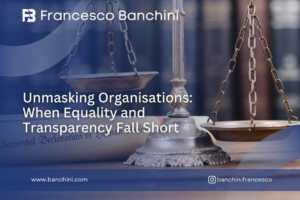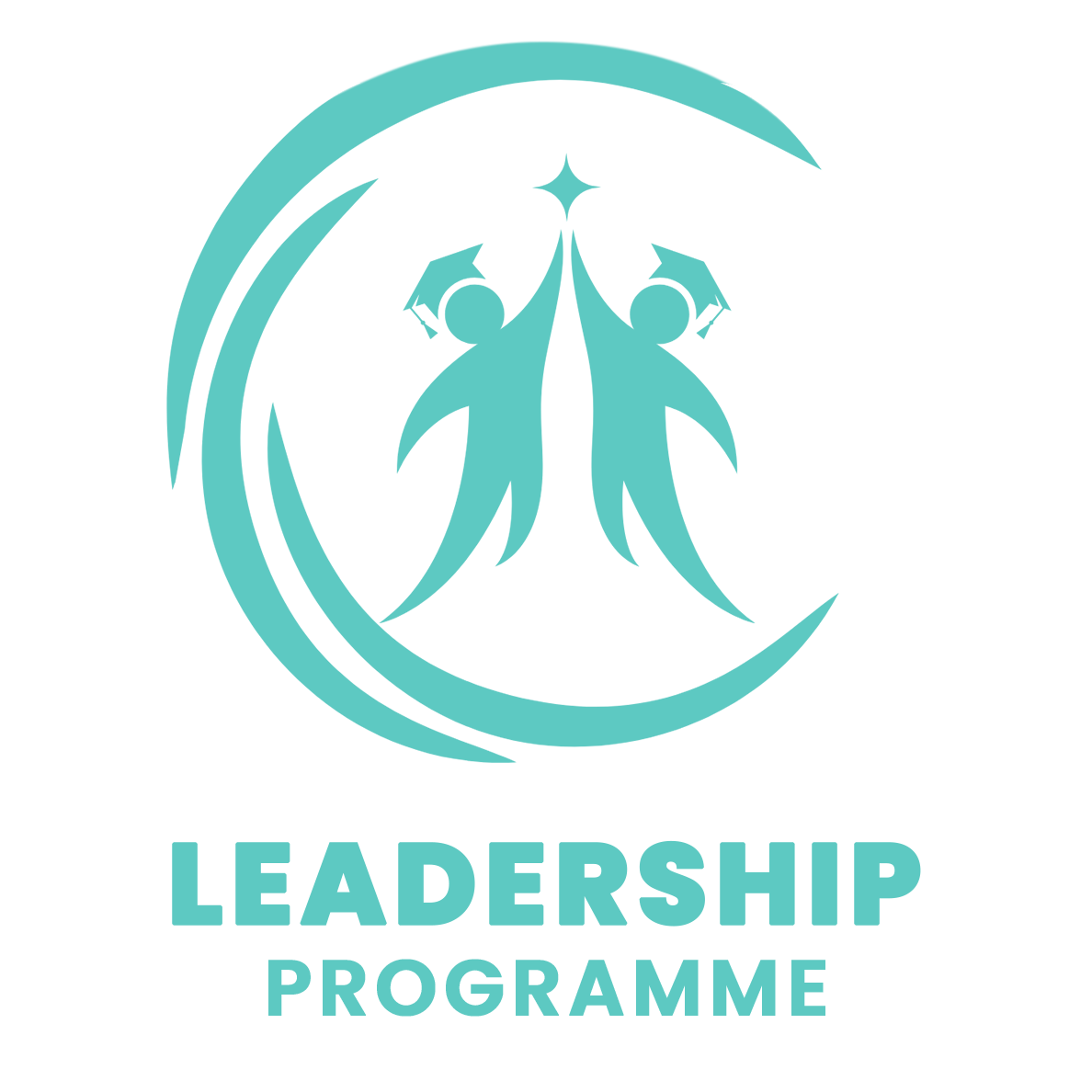
Identity
Identity is a term, that has been used in many different contexts and for many different purposes. From the Latin root idem, meaning “the same,” the term nevertheless implies both similarities and differences. The identity of individuals and groups involves both elements of personal choice, the responses, and the attitudes of others. Individuals are not free to adopt any identity they like, and factors like their social class, their ethnic group, and their sex are likely to influence how others see them. The identity that an individual wants to assert and which they may wish others to see them having may not be the one that others accept or recognize.

If we really want to see a change in a world in which identity drives opportunity, we must examine our own identities. This does not mean I should ignore my reality I live in, but that I need more options for how to move within that reality. I have to reach across differences to deeply understand the perspective of the many students, families, and staff members I seek to serve, and of the many community members who could become partners in this work. I cannot afford to be blind to my own socialized perspective of the world, or to miss out on the insights I could gain by listening deeply to those who appear to be opponents. No part of the world has figured out how to create a community in which all members are safe, supported, and valued all of the time. I cannot move toward that vision alone, I must partner with diverse parties to create solutions together toward the world we all live in.





